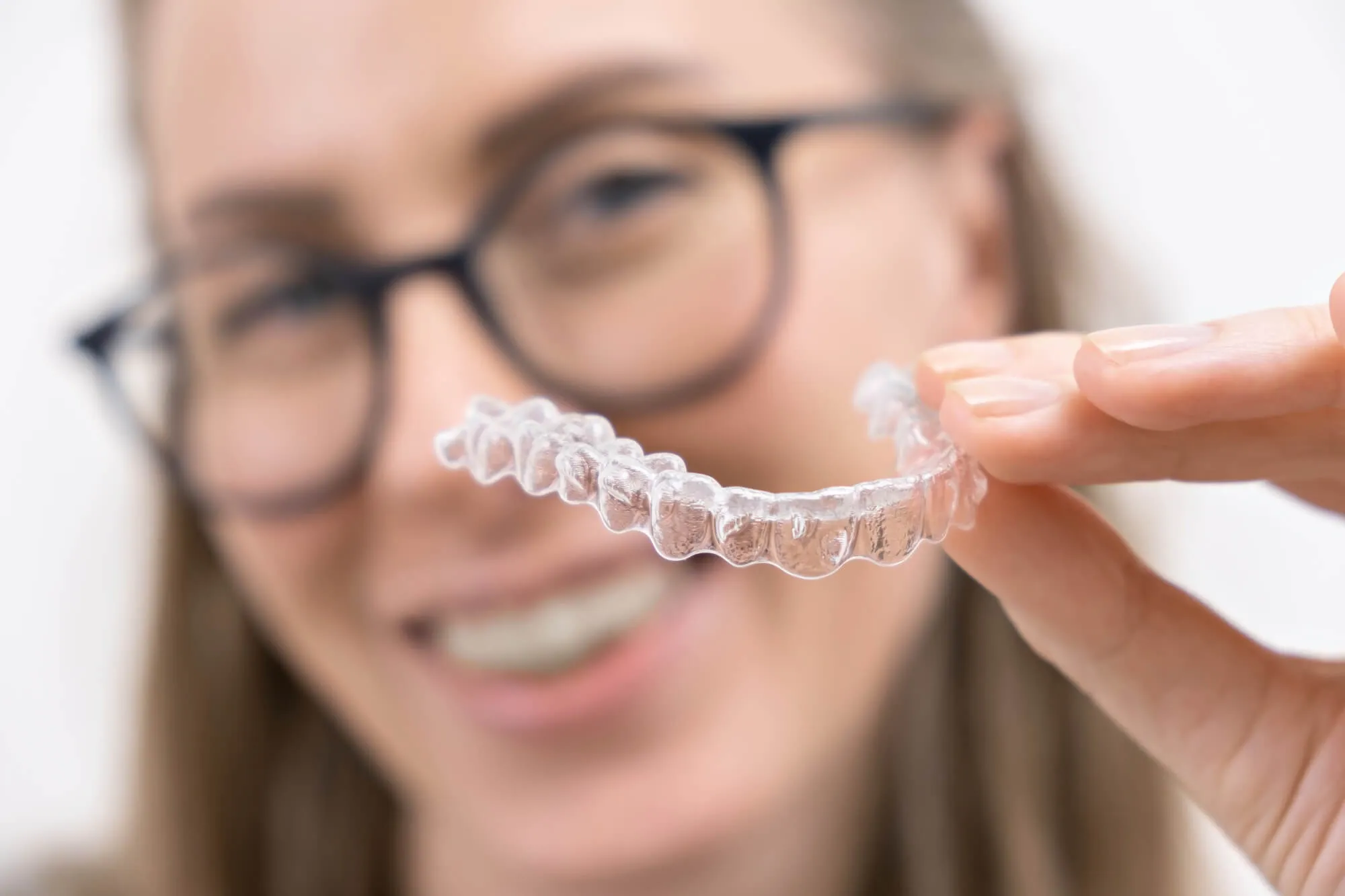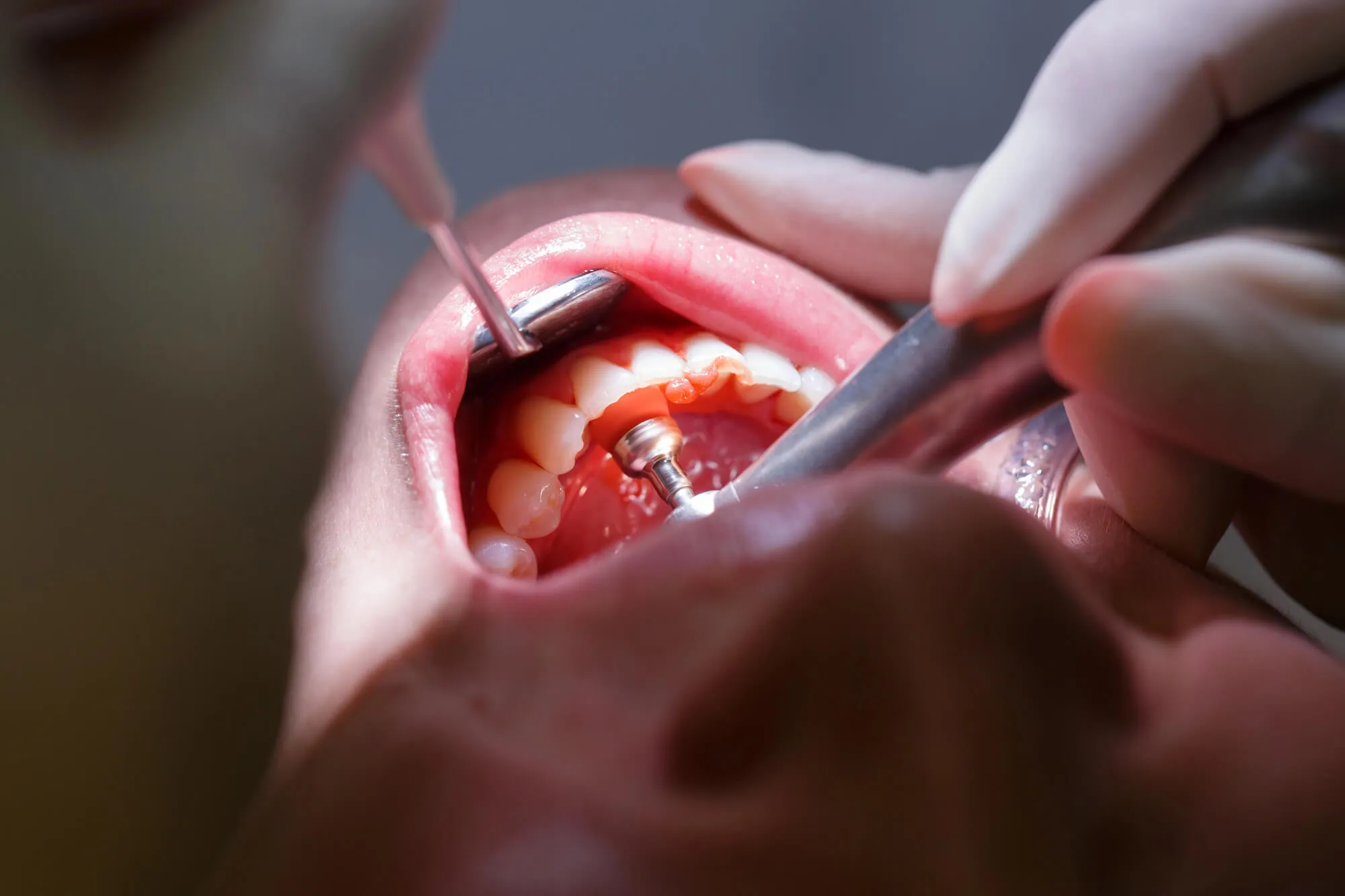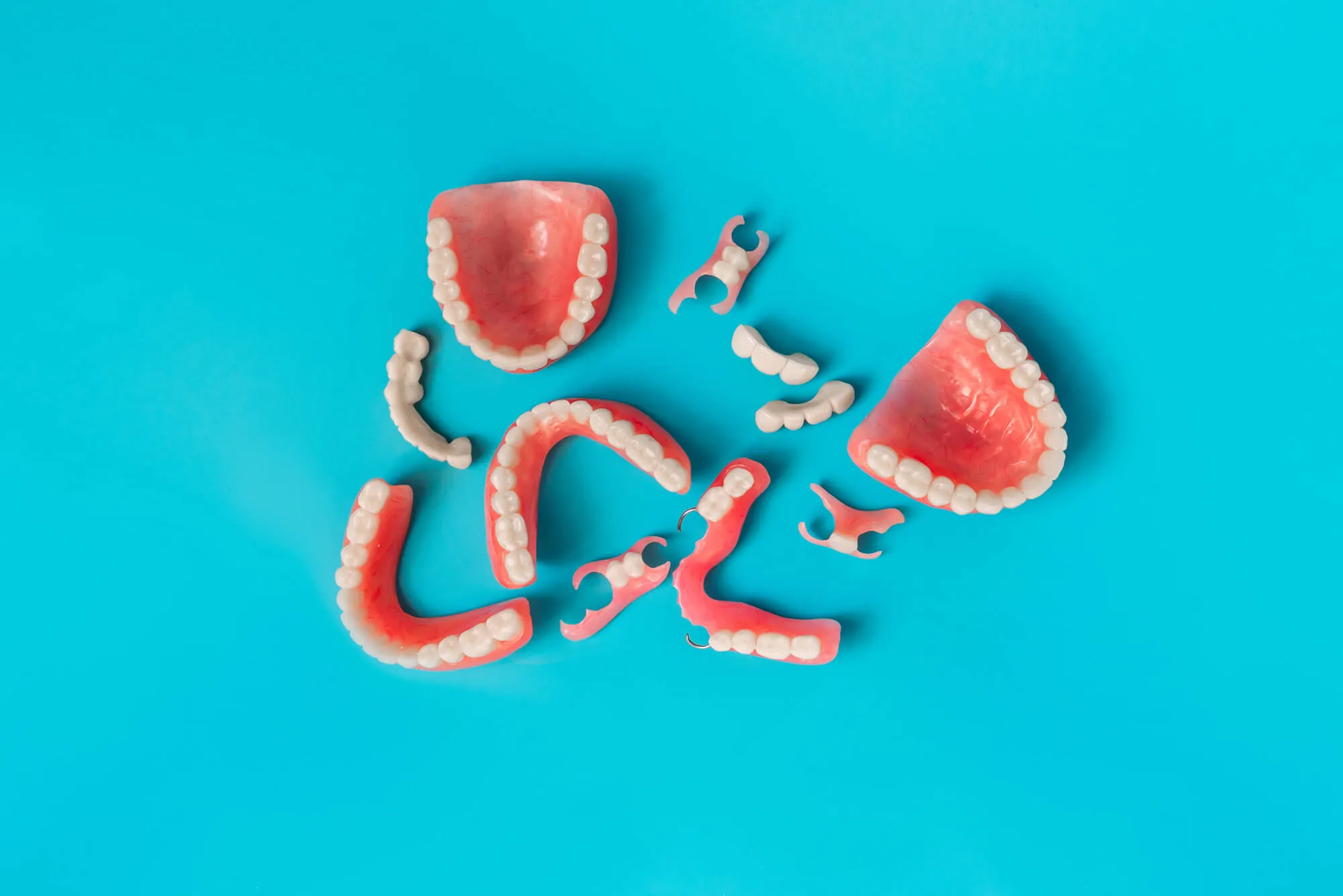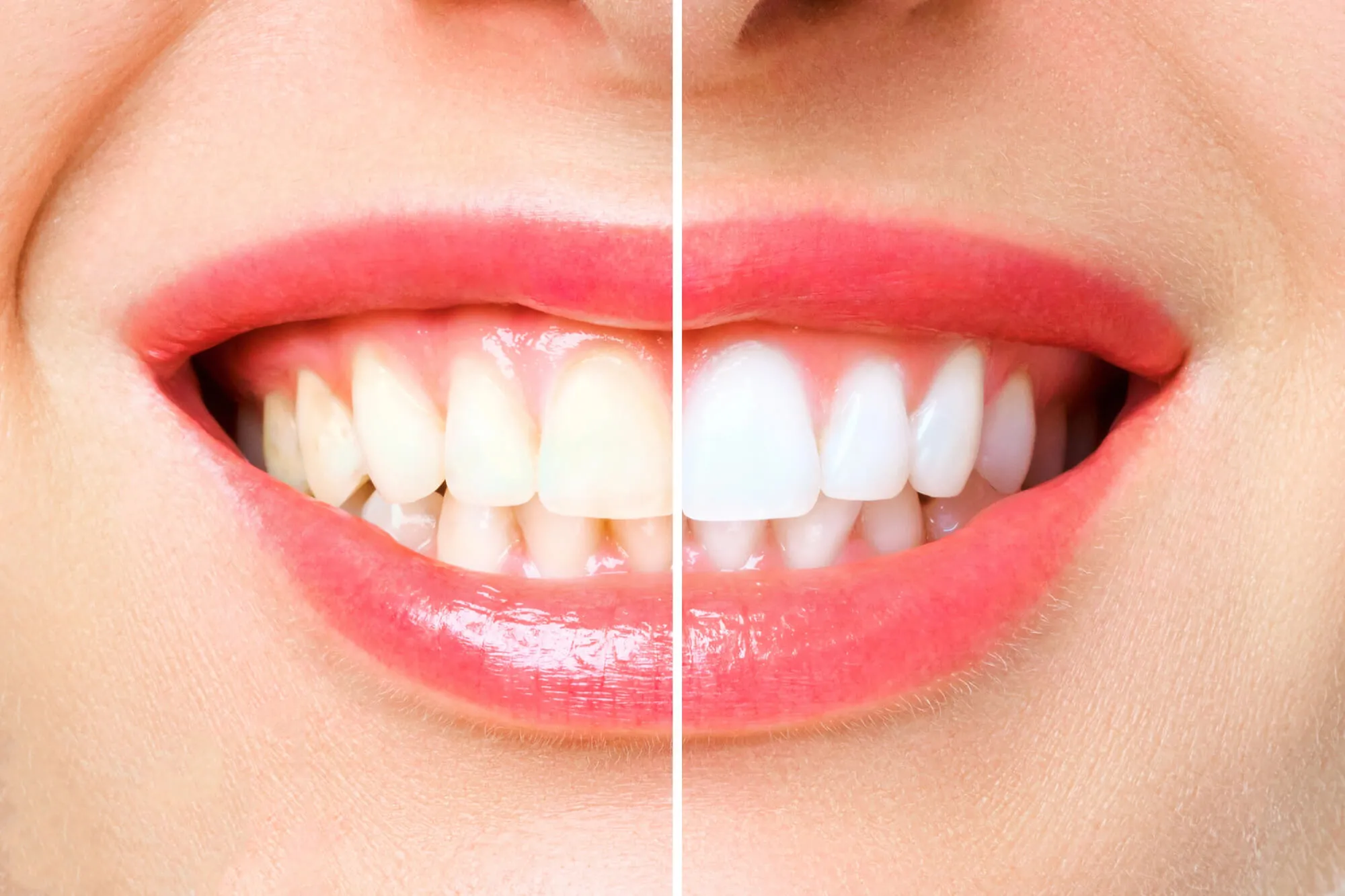Are You Taking Medications That Interfere with Dental Sedation?
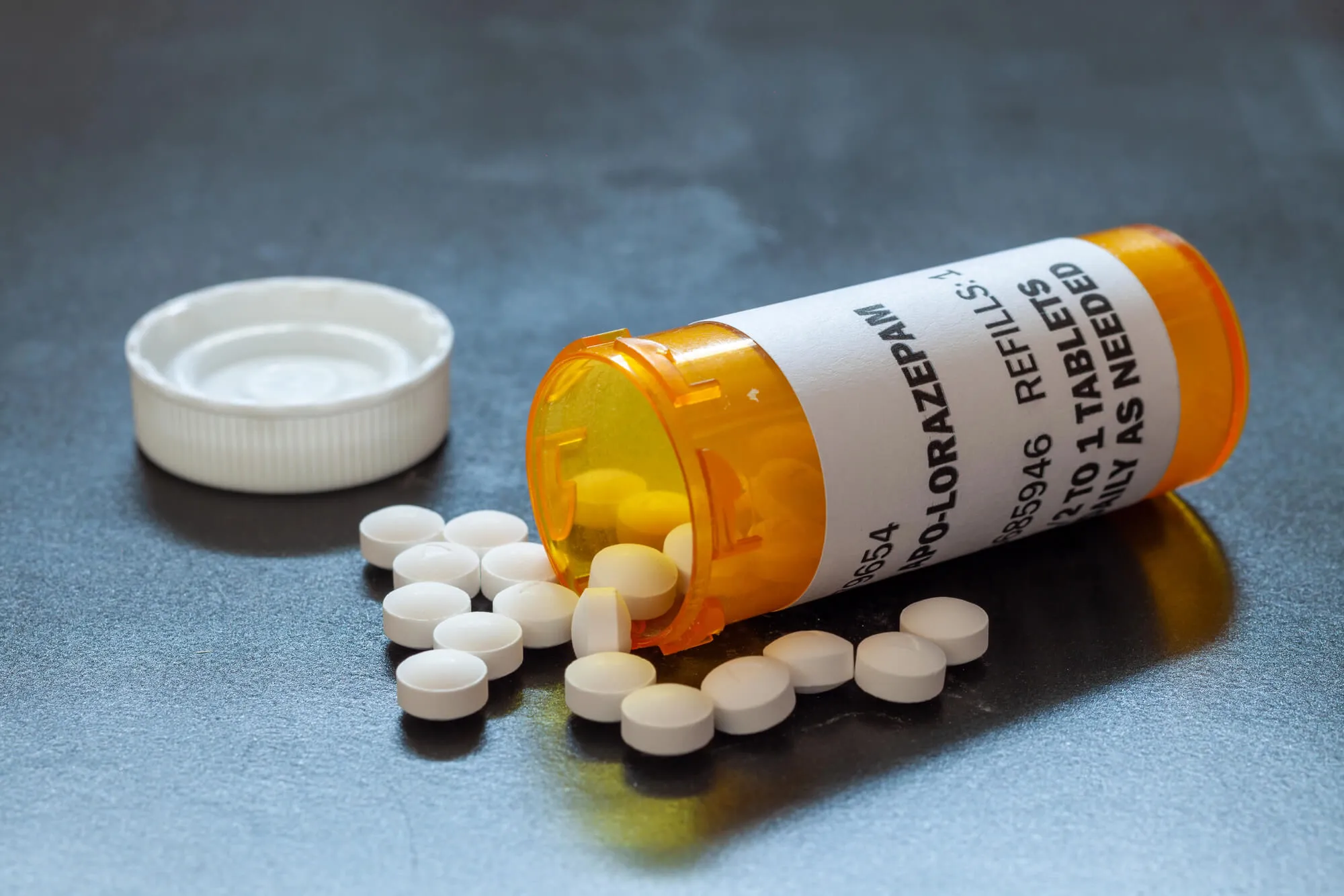
It’s natural to want a calm and stress-free dental visit, especially if the thought of sitting in a dental chair makes you uneasy. That’s why many patients consider sedation dentistry in 33304 to help them relax during treatment. But before your appointment, one important factor can affect how sedation works—your current medications.
Certain prescriptions and supplements can change how your body responds to sedatives, so discussing your medical history is essential to your pre-appointment evaluation.
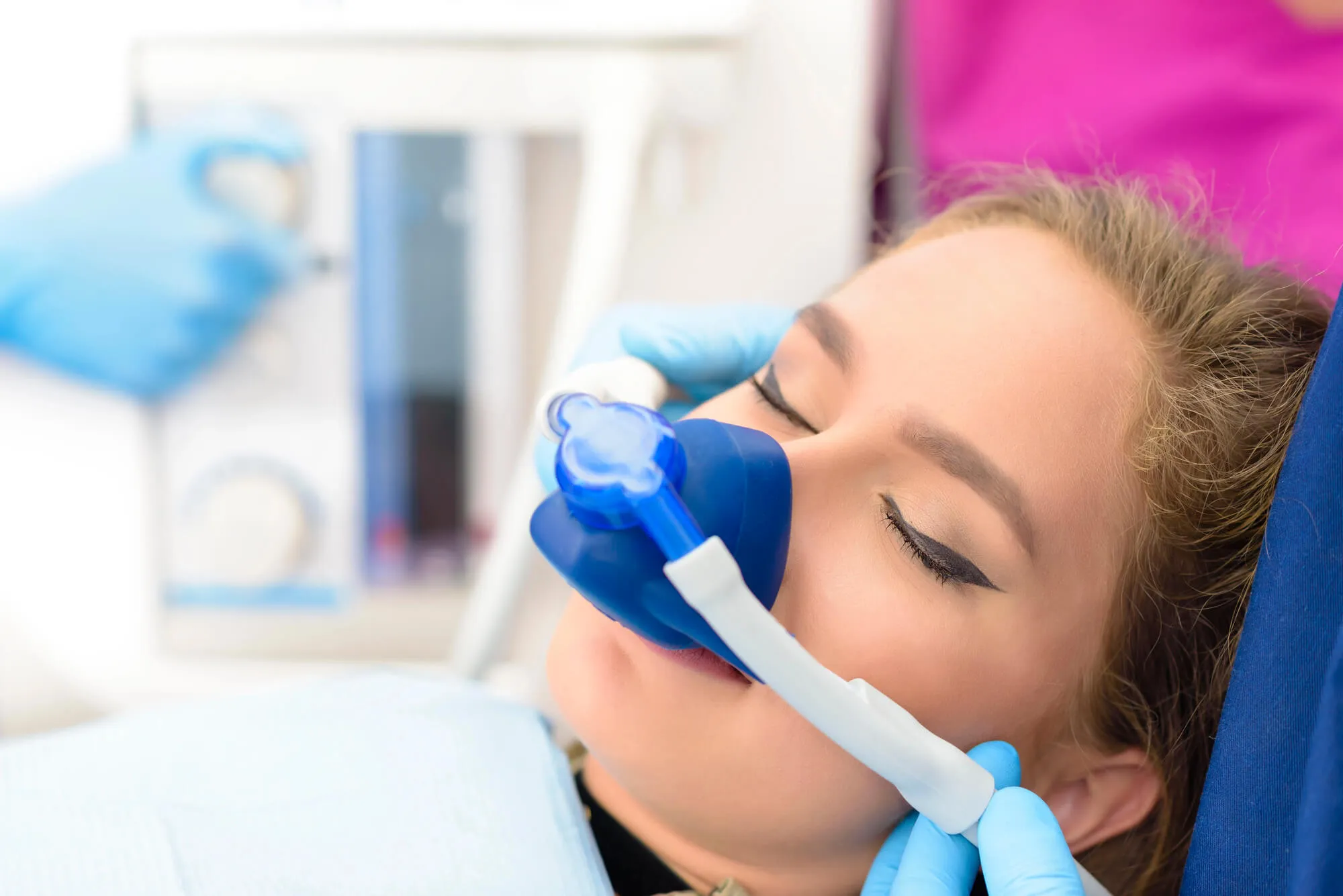
Why Medications Matter Before Sedation Dentistry
Sedation works by slowing down activity in your nervous system, helping you feel calm and at ease during your procedure. However, the results can become unpredictable when combined with other medications with similar or opposite effects.
Some drugs may intensify sedation and make it harder to wake up, while others can reduce its effectiveness altogether. That’s why your dentist reviews your full medication list before recommending any sedative method. Even over-the-counter pills, herbal remedies, or vitamins can make a difference.
Medications That May Affect Sedation
Every patient’s health profile is unique, but there are common categories of medications that can interact with dental sedation. Here are some examples your dentist may ask about during your consultation:
1. Anti-Anxiety and Sleep Medications
If you already take medicine to manage anxiety or help you sleep, such as benzodiazepines or sleep aids, your dentist needs to know. These medications can heighten the effects of sedation and slow your breathing or reflexes more than intended.
2. Pain Relievers and Opioids
Opioid pain relievers can amplify sedation and make it harder for your body to regulate breathing. Your dentist may adjust the sedative dose or recommend an alternative approach for patients who take long-term pain medication.
3. Antidepressants and Mood Stabilizers
Some antidepressants, such as SSRIs or tricyclics, may affect how your body processes sedatives. Mixing them without supervision can increase drowsiness or cause unexpected side effects. Being open about your mental health medications helps your dental team choose a safe method.
4. Blood Pressure and Heart Medications
Sedatives can temporarily lower blood pressure. When combined with certain antihypertensive or heart rhythm drugs, this drop can be more pronounced. Your dentist may take extra precautions to monitor your vitals throughout the procedure.
5. Allergy and Cold Medications
Antihistamines often have a sedating effect, which can overlap with dental sedatives. If you’ve taken an allergy or sleep aid before your appointment, it may make the sedative stronger than planned.
6. Herbal Supplements and Natural Remedies
Even natural products like valerian root, kava, or St. John’s Wort can interact with sedatives. Because supplements aren’t regulated the same way as prescriptions, always include them when listing what you take daily.
7. Alcohol or Recreational Substances
Alcohol and recreational drugs can dramatically interfere with sedation safety. They may heighten or dull the sedative’s effects, making it difficult to predict how your body will respond. Your dentist may ask you to avoid these substances for a set period before treatment.
Why Transparency Is So Important
Some patients hesitate to mention certain medications or supplements, thinking they’re not relevant. But your dentist isn’t there to judge—only to keep you safe. The more complete your medication list is, the better they can tailor your sedation plan.
Before your appointment, take note of every product you take, including:
- Prescription medications
- Over-the-counter pain relievers or cold medicine
- Daily vitamins and supplements
- Sleep aids or herbal remedies
Bring the list with you or share it during your consultation. Your dentist will use this information to adjust your sedation level, choose a compatible type, or coordinate with your physician if necessary.
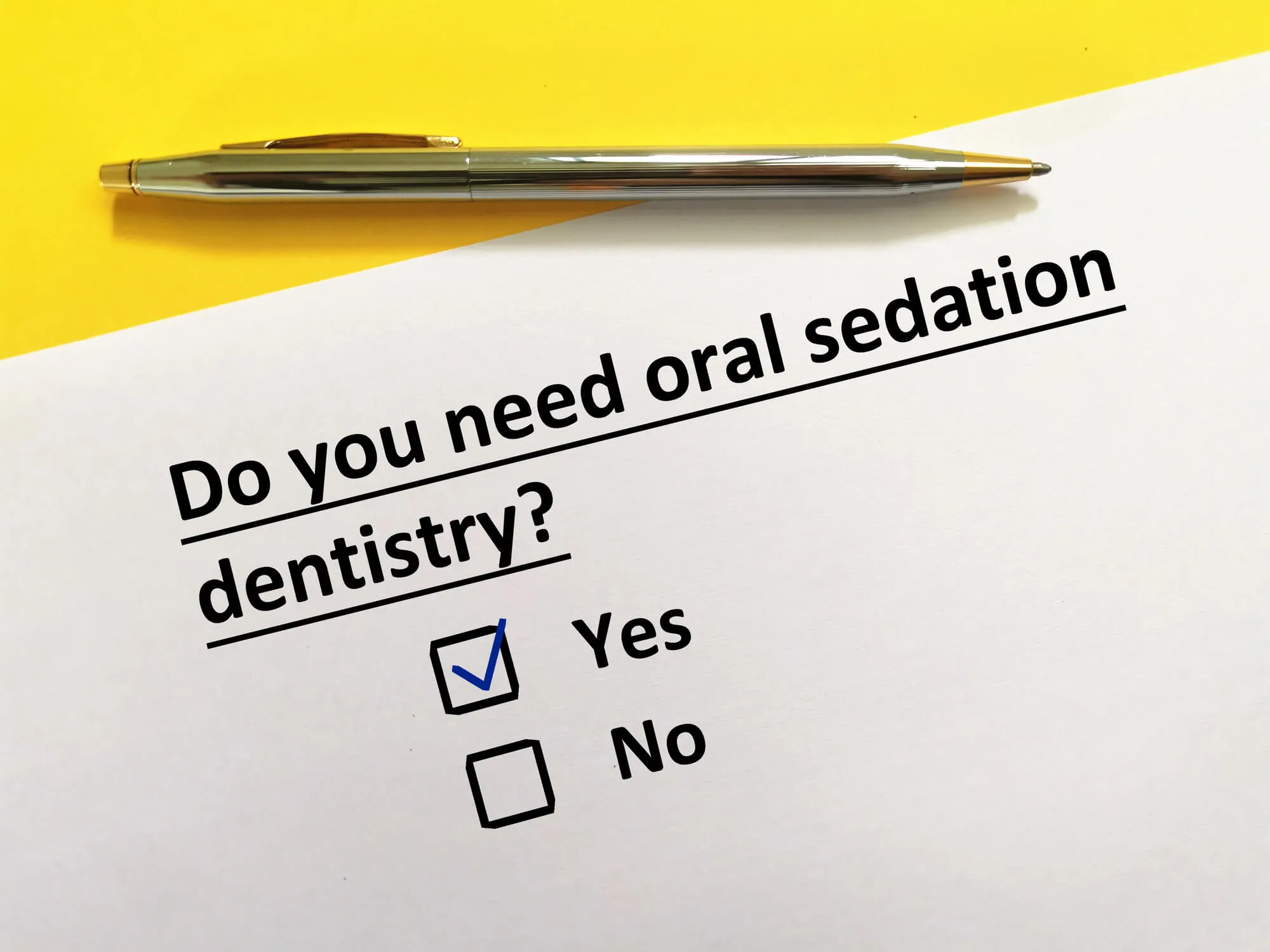
How Dentists Personalize Sedation for Your Safety
A safe sedation experience begins with a detailed consultation. During this visit, your dental team will review your medical history, current medications, and any known allergies. They also take note of your blood pressure, oxygen levels, and previous responses to sedation if you’ve had it before.
After this review, your dentist will select the sedation method that best suits your health and comfort level. The most common options include:
Nitrous Oxide (Laughing Gas)
Nitrous oxide is a mild option that wears off quickly and allows most patients to resume their day without lingering drowsiness. It’s often safe for patients taking standard prescriptions, though your dentist will still review your history first.
Oral Sedation
Oral sedation involves taking a pill before treatment. The medication may interact with other drugs in your system, so precise dosing and timing are essential. Your dentist will provide detailed instructions to make sure your experience is smooth and safe.
IV Sedation
This form of sedation works quickly and is carefully monitored throughout the procedure. Because it enters your bloodstream directly, knowing your full medication list helps your dentist maintain a safe balance of medications.
By matching the sedation level to your medical needs, your dentist ensures a comfortable experience without compromising safety.
Tips to Prepare Before Your Sedation Appointment
Taking a few steps before your visit can help you relax and prevent any unwanted side effects:
- Update Your Medication List – Write down everything you take and bring it to your appointment.
- Follow Fasting Instructions – If your dentist asks you not to eat or drink before the procedure, follow their timing closely.
- Arrange a Ride Home – Even mild sedation can slow your reflexes, so have someone drive you home.
- Avoid Alcohol and Caffeine – These can alter how your body reacts to sedation.
- Ask Questions – If you’re unsure about what’s safe, reach out to your dental team before your appointment.
These small steps help you feel more confident and comfortable on the day of your visit.
Who Should Review Their Medications Before Sedation Dentistry
Most people are good candidates for sedation, but it’s especially important to review medications if you:
- Take multiple prescriptions daily
- Have ongoing heart, liver, or respiratory conditions
- Are pregnant or breastfeeding
- Are being treated for anxiety, depression, or sleep disorders
- Use herbal supplements or recreational substances
Your dentist may collaborate with your physician to confirm that the chosen sedation type won’t interfere with your ongoing care. This teamwork approach ensures you receive both effective dental treatment and peace of mind.
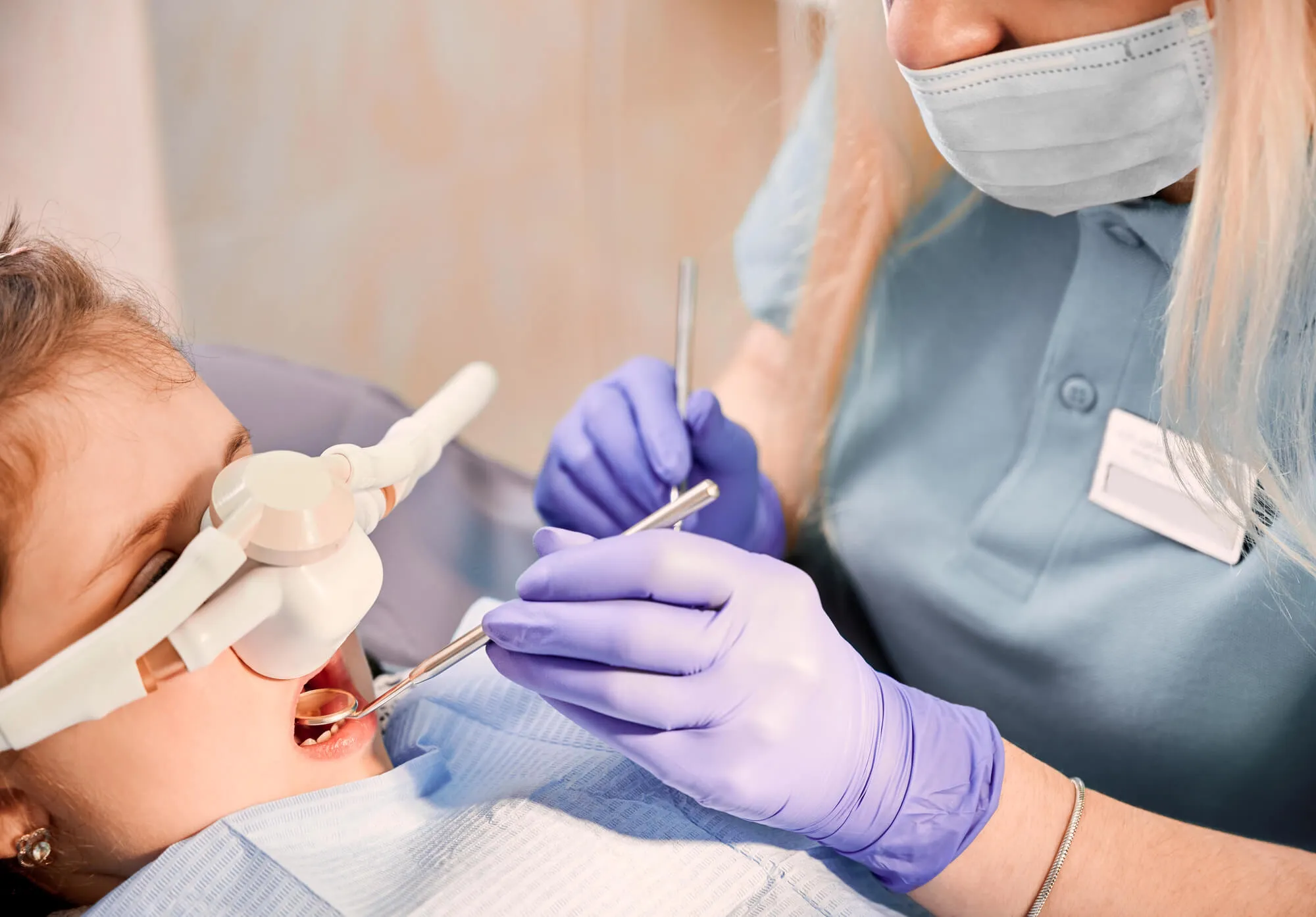
Interested in Sedation Dentistry in 33304?
Every patient deserves a comfortable and stress-free dental experience. At 1500 Dental, our team provides gentle, patient-focused care using modern sedation techniques designed around your safety. If you’re unsure how your medications might affect sedation, we’ll walk you through every detail and make adjustments suited to your health needs.
Schedule a consultation today to discuss your sedation options. Let us help you feel relaxed and confident during your next visit—all while keeping your comfort and safety at the heart of your care.





